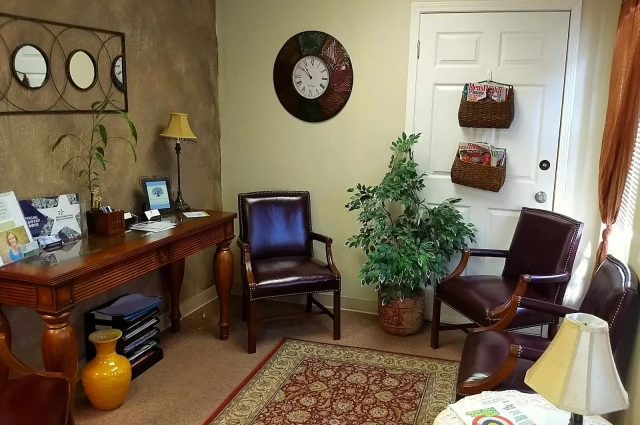Experience Strength and Hope Information
Treatment
Who We Treat
- Young Adults (18–25)
- Adults
- Seniors/Older Adults
- Older Adults
- Male and Female
- Veterans
Approaches
- Couples Counseling
- Family Therapy
- Cognitive Behavioral Therapy (CBT)
- Motivational Interviewing
- 1-on-1 Counseling
- Online Therapy
- Life Skills Training
- Relapse Prevention Counseling
Conditions We Treat
- Trauma
- Anger
- Co-Occurring Disorders
Languages
- English
Aftercare
- Outpatient Treatment
- Recovery Coach
- Employment Counseling
- Continuing Care
- Employment/Vocational Counseling
- Support Meetings
Level of Care
- Outpatient
- Co-Occurring Mental Health
- Aftercare/Continuing Care
Experience
Smoking and Vaping Policy
- Smoking Allowed in Designated Areas
- Vaping Allowed in Designated Areas
Accreditations
-
State mental health department
State mental health department accreditation refers to the process of evaluating and certifying the quality and standards of a state's mental health department, ensuring that it provides high-quality services and meets specific criteria for mental health care. The accreditation process is performed by a third-party organization and helps to improve the overall care and treatment of individuals with mental health conditions.
Experience Strength and Hope Accepts The Following Insurance Plans
Find the best treatment options. Call our free and confidential helpline today!

